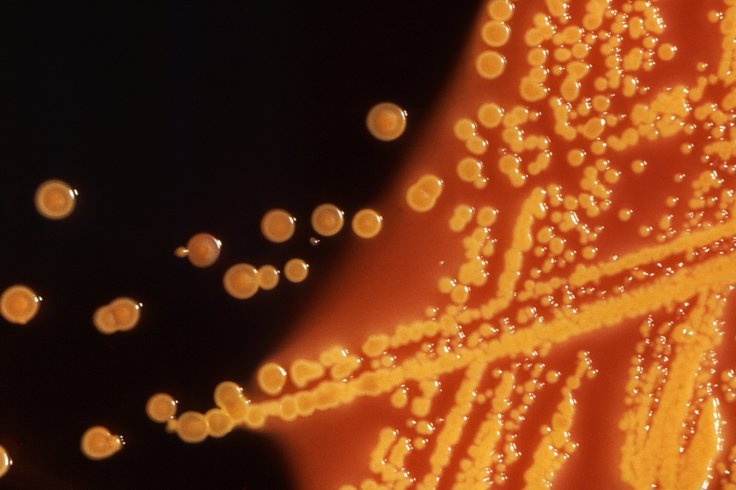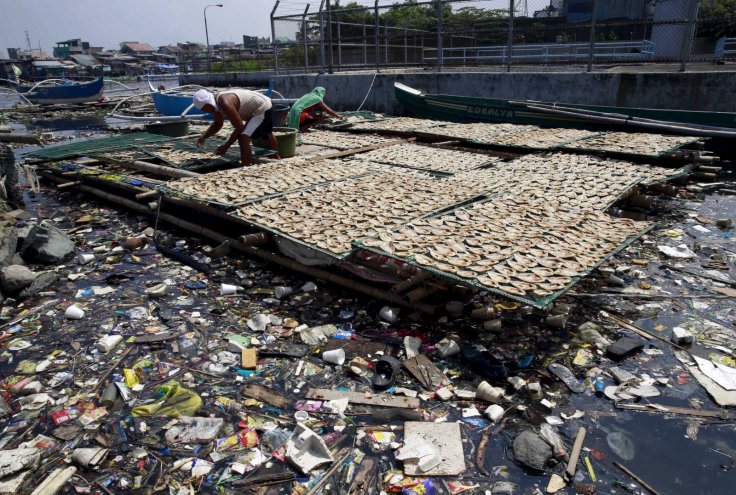
There are many infections and many diseases that caused by bacteria. But, now people, who are concerned about the environment would love to know that a biology student at Reed College in Oregon has discovered bacteria that can eat plastics, which is one of the worst material produced by mankind that is harmful to the mother nature.
The science student, Morgan Vague believed that after this revolutionary finding, she could solve the plastic pollution issues on the blue planet. She said that when she started to learn about all issues related to plastic waste, she understood the seriousness of the matter and though that time has come to solve it.
After learning about bacteria and their metabolism, she started to analyse whether those microbes would be helpful to degrade the plastic, which is used in most of the shops and markets.
As reported by Great Lakes Ledger, in this process she first searched for the microbes around refineries in Houston that could degrade plastics in soils as well as in water. She analysed almost 300 strains of bacteria at her college in Portland, Oregon. Throughout the research, Morgan was looking for an enzyme, which would be able to digest fat and could transform the plastic into a food for bacteria.
However, she found 20 bacteria that produce an enzyme called lipase, which catalyzes the hydrolysis of fats and has an essential role in the functions such as digestion, transport and processing of dietary lipids. Among all there bacteria, she found three, which had high levels of lipase.
After finding those three bacteria, she started her final step of this research. Morgan said that she started to feed them Polyethylene terephthalate or PET and saw that these bacteria were turning the plastic into their food.
"It looks like it breaks it down into harmless by-products that don't do any environmental damage, so right now what it's doing is breaking down the hydrocarbons within the plastic, and then the bacteria is able to use that as food and fuel. So essentially it's using that to live," she added.
However, a microbiologist and Morgan's supervisor in this research, Jay Mellies said that even though it is not an ultimate solution to plastic pollution, it will be one of those solutions. He also mentioned that after this finding now their focus will be on the next step, which is to make the bacteria eat a different kind of plastics faster.

Plastic-pollution.org reported that almost around 299 million tons of plastics were produced in 2013. As per the reports by Global Industry Analysts, by the end of 2015, the number should be 297.5 million tons.
This year the theme of the World Environment Day was "Beat Plastic Pollution." The forum has urged for an action, which will be helpful to fight against one of the biggest threat to the natural environment, plastic pollution. As mentioned by the forum, around 1 million plastic bottles are purchased every minute all around the world and every year people use up to 5 trillion disposable plastic bags.
We know all the usage of plastic products and since it is an inexpensive, lightweight and moisture resistant, people still feel comfortable to carry plastic goods. No matter, where you will walk or go even on the sea beaches you will definitely find plastic products. Many marine creatures specially wales, sharks and turtles are facing life-threatening issues due to plastic materials.
Recently a sperm whale was found dead on Sothern coast of Spain. But, that was not a case of natural death, as the investigators found 29 kilos of plastic and other waste materials from the stomach of the marine creature.
However, the recent findings, as well as the awareness among the people, may help this world to solve the plastic pollution issue to make the world a healthy place to live in.








